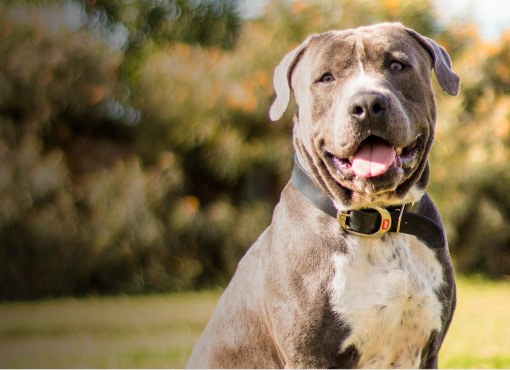Thor the 8-year-old male koala’s plight serves as a stark reminder to road-users to always keep a watchful eye on your surroundings as you travel from A to B.
He recently beat the odds and was released back into his natural habitat after being hit by a car in south Brisbane late last year.
Thor suffered a fractured left humerus and abrasions to his body, with his injuries so severe, Veterinarian Dr Aiden Pickering was brought in to operate on him at the RSPCA Queensland Wildlife Hospital.
Having recovered well following pain relief and around the clock monitoring, Thor was transferred to our Wildlife Rehabilitation Centre at Eumundi on the Sunshine Coast.
Thanks to the help of an incredible support network of wildlife carers across the state, the Centre treats many types of wildlife such as kangaroos, echidnas and of course, koalas! It is safe to say Thor was not short on company during his stay.
He was in our care for three months from rescue to release, so Thor became a friendly and familiar face during his time with us.
RSPCA Queensland Wildlife Veterinary Director Tim Portas said there was a range of actions drivers could take to ensure stories like Thor’s do not repeat.
"Sadly, sometimes wildlife like reptiles, possums, birds, kangaroos, koalas and other animals are struck and killed or badly injured by motor vehicles," says Mr. Portas.
"It is so important that we all play our part to be extra cautious, especially during the warmer months of the year and breeding seasons - to prevent road accidents."






